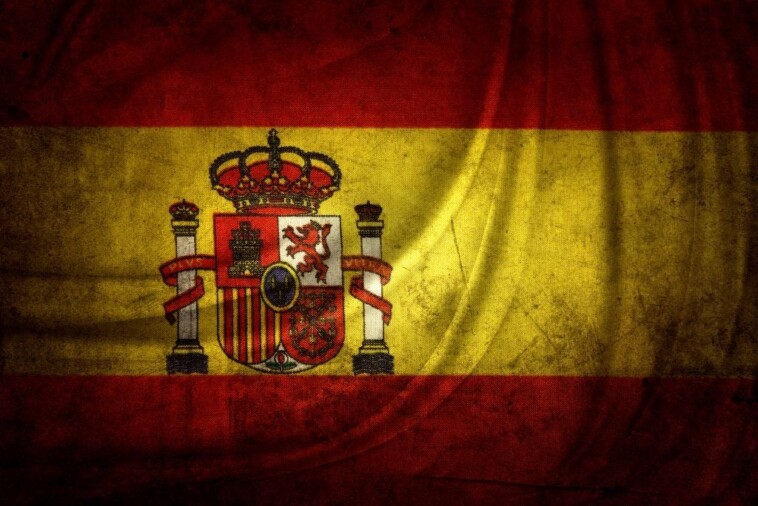
In the 1980s, the Europeanist fever spread through Spain and Portugal. At that time, the talk of “entering the common market” made it seem as though once “Europe” accepted us as partners, everything would fall into place.
Finally, we were recognized as part of the “first world”!
Curiously, this led to an odd sociological shift: whereas before, Latin Americans were seen as close and brotherly, over time they began to be viewed as people to look down upon.
Suddenly, everything that bound us to the other side of the Atlantic no longer mattered; all that counted was that “Europe” had accepted us, fulfilling the dreams of a generation that yearned to be hippies/progressives and idolized May 1968 and Woodstock, to the greater glory of our national complexes.
But we thought, “We’re in Europe now.” We didn’t quite know what that meant, but it sounded like paradise on earth.
Yet, as the years passed, we’ve seen that many policies that harm our most vital sectors, starting with agriculture and livestock, stem from Brussels’ bureaucracy, while our governments have been reduced to mere colonial administrators.
I’m not saying we need to leave the euro tomorrow. That’s not it. But as Spaniards, we would do well to adopt a more critical and firm stance toward what they call “Europe.”
Because, beyond the “common market,” what defines and unites us?
I’m afraid that Jean-Marie Le Pen, the founder of France’s National Front, once stated that “Europe is a sum of weaknesses.”
Though it might have sounded alarmist at the time, the reality is that Brussels’ bureaucracy goes far beyond being a “common market.” It acts as a stifling entity that erodes national sovereignty, pressuring countries to implement all sorts of globalist laws that go against our interests.
Despite this, it was initially our Cuban and Venezuelan friends (and later the Argentinians) who began to warn us about what might be coming.
As conservative American journalist Rod Dreher explains, while Eastern European immigrants started noticing “strange things” in the United States shortly after the fall of the Iron Curtain, Cubans and Venezuelans in Spain warned us that Castroism and Chavismo didn’t happen overnight; they followed a process. And Spain is experiencing dangerously similar situations.
Yet in Spain, we comfort ourselves by saying, “It won’t happen here like it did in Venezuela, because this is Europe.” Similarly, Venezuelans used to say, “It won’t happen here like it did in Cuba, because we’re a rich country.” Fidel Castro himself once claimed he wasn’t a communist, just as Chávez promised he’d soon hand over power.
But words were blown away by the wind.
The reality is that Pedro Sánchez’s government, supported by all things woke and everything that seeks to destroy Spain (and let’s not forget: with the full complicity, even complacency, of the Partido Popular), continues to follow the path dictated by the São Paulo Forum and the Puebla Group, while Brussels steadily erodes our freedoms.
Cornered at the far end of Western Europe, unable to fully embrace our natural vocation as a bridge between two worlds, it is high time we take the warnings of Cubans and Venezuelans seriously and work accordingly, side by side with European and American patriots, to build the future.
And the truth is, not everything is bleak. A lot of good work is being done in that direction. We must keep pushing forward. And, of course, we must listen to the exiled Cubans and Venezuelans.

Antonio Moreno Ruiz Nacido en Bollullos de la Mitación (Sevilla, España), en 1981. Historiador licenciado por la Universidad de Sevilla, con máster en Educación Secundaria y especializado en Historia de América. Comunicador y escritor. Amplia experiencia en periodismo, así como en docencia, traducción y proyectos de formación académica y cultural. *Co-fundador de la página “Spanish Heritage”
Subscribe to Our Newsletter


